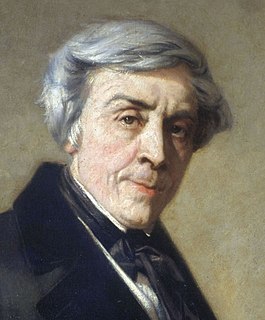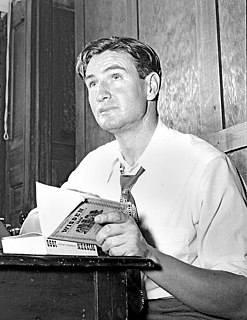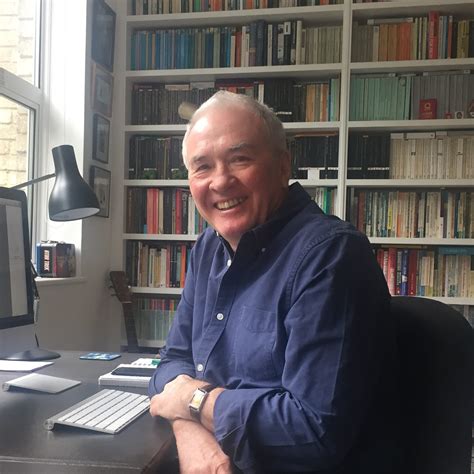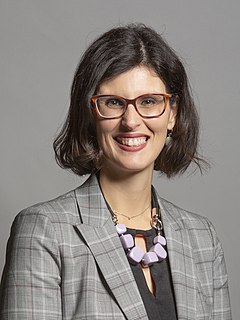A Quote by Marcus Vitruvius Pollio
Philosophy treats of physics where a more careful knowledge is required because the problems which come under this head are numerous... So the reader of Ctesibius or Archimedes and the other writers of treatises of the same class will not be able to appreciate them unless he has been trained in these subjects by the philosophers.
Related Quotes
Philosophy used to be a field that had content, but then natural philosophy became physics, and physics has only continued to make inroads. Every time theres a leap in physics, it encroaches on these areas that philosophers have carefully sequestered away to themselves, and so then you have this natural resentment on the part of philosophers.
Philosophy used to be a field that had content, but then 'natural philosophy' became physics, and physics has only continued to make inroads. Every time there's a leap in physics, it encroaches on these areas that philosophers have carefully sequestered away to themselves, and so then you have this natural resentment on the part of philosophers.
I drifted into a career in academic philosophy because I couldn't see anything outside the academy that looked to be anything other than drudgery. But I wouldn't say I 'became a philosopher' until an early mid-life crisis forced me to confront the fact that, while 'philosophy' means 'love of wisdom', and 'wisdom' is the knowledge of how to live well, the analytic philosophy in which I had been trained seemed to have nothing to do with life.
Even those who have desired to work out a completely positive philosophy have been philosophers only to the extent that, at the same time, they have refused the right to install themselves in absolute knowledge. They taught not this knowledge, but its becoming in us, not the absolute but, at most, our absolute relation to it, as Kierkegaard said. What makes a philosopher is the movement which leads back without ceasing from knowledge to ignorance, from ignorance to knowledge, and a kind of rest in this movement.
A Christian marriage is [not] one with no problems or even a marriage with fewer problems. (It may well mean more problems.) But it does mean a life in which two people are able to accept each other and love each other in the midst of problems and fears. It means a marriage in which selfish people can accept selfish people without constantly trying to change them -- and even accept themselves, because they realize personally that they have been accepted by Christ.
Being passed up by teams because of my size made me hungry. I've seen a lot of first-round guys who come in and never really do nothing because they may not appreciate the opportunity because everything has been given to them. I think guys who come from the bottom understand how hard it is, so they appreciate the opportunities more.
I have tried to read philosophers of all ages and have found many illuminating ideas but no steady progress toward deeper knowledge and understanding. Science, however, gives me the feeling of steady progress: I am convinced that theoretical physics is actual philosophy. It has revolutionized fundamental concepts, e.g., about space and time (relativity), about causality (quantum theory), and about substance and matter (atomistics), and it has taught us new methods of thinking (complementarity) which are applicable far beyond physics.
Problems may be solved in the study which have baffled all those who have sought a solution by the aid of their senses. To carry the art, however, to its highest pitch, it is necessary that the reasoner should be able to use all the facts which have come to his knowledge; and this in itself implies, as you will readily see, a possession of all knowledge, which, even in these days of free education and encyclopaedias, is a somewhat rare accomplishment.


































